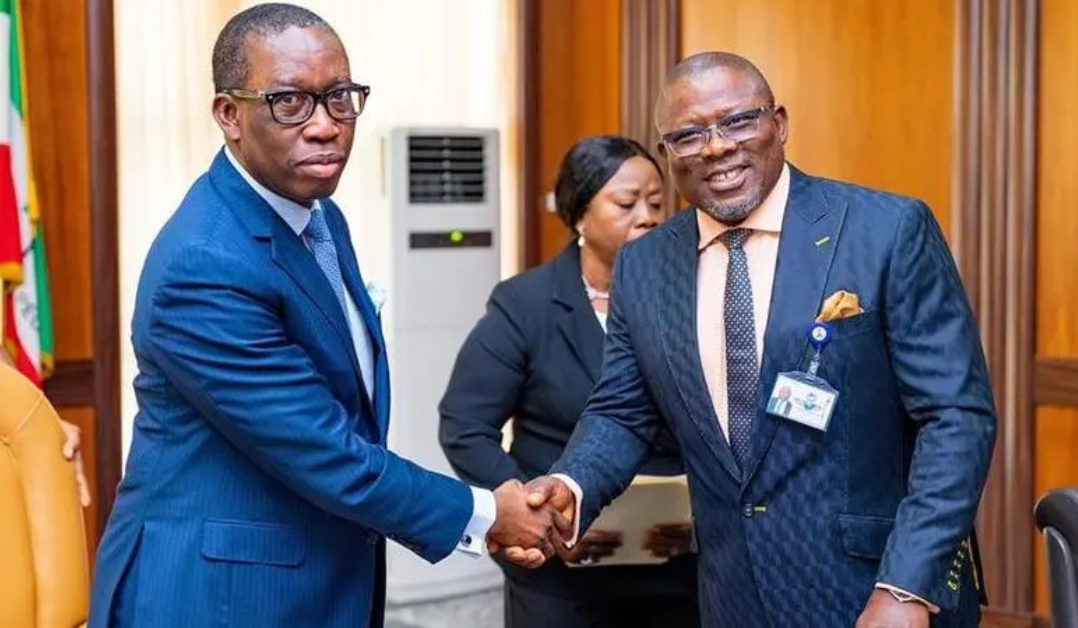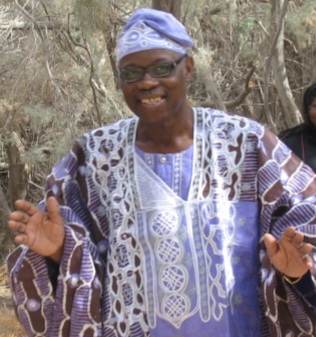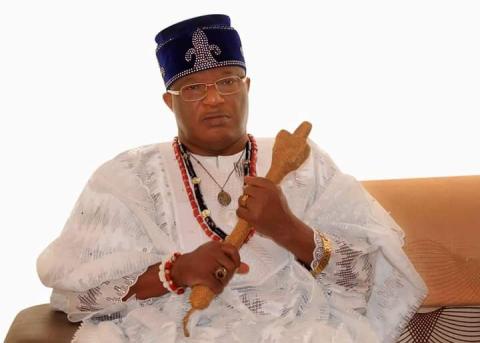
Breaking News: Unilorin Alumi Association: 'We were warned' - Opinion
Breaking News: Breaking: Court Restrains Oyo Assembly from Further Impeachment Process Against Makinde’s Deputy, Olaniyan
Breaking News: Labour leaders physically assault Ogun journalists for covering strike, harass hospital workers
Breaking News: Congratulations Asiwaju – Osinbajo’s spokesperson accepts defeat
Breaking News: Finalissima: Messi steals show, beats European Champion, Italy
Nigeria’s former High Commissioner to the United Kingdom, Ambassador Sarafa Tunji Isola, has said that the nation’s greatest challenge is not the absence of resources but a persistent failure of leadership at all levels of government.
Speaking at an event of the Ajibosin Leadership Platform, Ambassador Isola lamented that while Nigeria is blessed with abundant natural and human resources, the absence of visionary and accountable leaders has continued to hinder progress in every sector.
“We do not have leaders; the problem of Nigeria is leadership,” he said.
“I just came back from the United Kingdom. I was in a place where I didn’t know where the water or gas was coming from, but they worked efficiently. If I ask for a train in 2025, it will come at that exact time, to the very last second, not even a minute late.”
The former minister noted that Nigeria’s underdevelopment is largely due to weak enforcement of laws and lack of accountability among those in positions of authority.
“What I mean by leadership being a problem is that enforcement of law and order has to be leadership. Most of what we are doing wrongly is because we see those in authority acting without discipline,” he said.
He decried the situation where local government chairmen reside outside their areas of jurisdiction and lamented that a significant number of buildings in Nigerian cities lack proper approvals.
“Seventy percent of our buildings do not have building approval. It is leadership failure,” he added.
Ambassador Isola, who served as Minister of Mines and Steel Development under late President Umaru Musa Yar’Adua, also shared his vision for the Ajibosin Platform, describing it as a non-political movement to promote responsible citizenship and inspire future leaders.
“We want future leaders to struggle to be panelists on the Ajibosin Platform. We want it to be a non-political platform where people will say, ‘I want to go and speak at Ajibosin.’ We want it to be an event attended more than when Chelsea is playing Arsenal. That is our vision, and I want you to catch it,” he said.
He urged young Nigerians, especially those in the media, to help project the ideals of integrity, civic responsibility, and nation-building.
“Beyond encouraging you in your private conscience, we want your future voices in print and electronic media to echo this vision. It is priceless,” he declared.
Ambassador Isola emphasized that genuine leadership is defined by integrity and service, not privilege or personal gain.
“Leadership is about integrity, doing the right thing when no one is looking. If we get our leadership right, our roads will be better, hospitals will be well managed, cultism in universities will reduce, and families will be better for it,” he said.
He criticized the state of public institutions and the welfare of essential service workers, particularly the police and teachers, arguing that underpayment and poor motivation have weakened law enforcement and discipline in society.
“The police and teachers should be among the best remunerated, but we leave our police hanging. Some of them look wretched on the road, they are angry with us, and they are not our friends. Some even drink to stay alert on duty, yet they are the ones meant to enforce our laws,” he said.
Ambassador Isola also questioned the patriotism of some political leaders, asking rhetorically: “How many of our governors’ children attend schools in this country? Leadership is the problem.”
He concluded with a call for collective action, stressing that rebuilding Nigeria requires discipline, transparency, and moral courage from both leaders and citizens.
“Countries that have succeeded did so because of leadership. We have leaders who don’t know what they are doing. We must change that,” he said. “It’s a movement, and I want everyone to catch the vision.”
Newsletter







We are not gonna make spamming
Copyright By @ HorizonTimes - 2025
BACK TO TOP